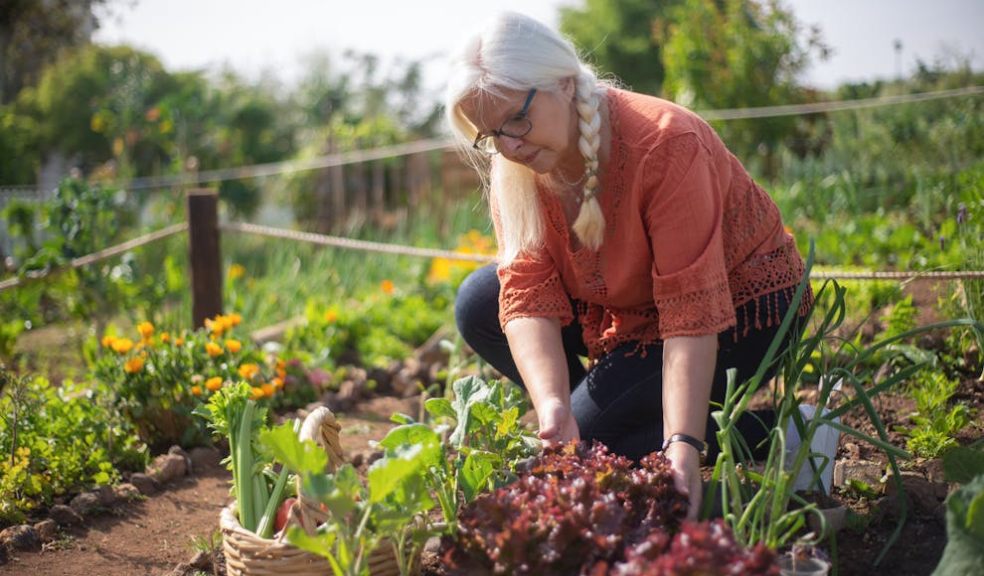
Why Spending More Time in Your Garden Boosts Mental Wellbeing
Work demands, social obligations, and digital distractions often dominate life, and it's easy to overlook the simple joys that nature can offer. One of the most effective ways to escape the noise and nurture your mental wellbeing is by spending time in your garden. Whether it's tending to plants, enjoying the fresh air, or simply relaxing in a green space, there are countless benefits to connecting with nature in this way.
The Therapeutic Power of Nature
Numerous studies have shown that spending time in nature can reduce stress, anxiety, and depression. Natural environments have a calming effect on the mind, helping to lower cortisol levels (the stress hormone) and increase endorphins, the body's natural mood boosters. Gardens, in particular, offer a safe, tranquil environment where people can disconnect from their worries and focus on the present moment.
Spending time in your garden also helps to clear your mind. The act of tending to plants, watching them grow, and caring for your garden creates a sense of achievement and satisfaction. These small, nurturing tasks can provide a much-needed sense of control, which is particularly beneficial in times of stress or uncertainty.
Gardening as a Mindfulness Practice
Engaging with nature is also a form of mindfulness, which has been shown to improve mental clarity and reduce anxiety. By immersing yourself in your garden's sights, sounds, and smells, you can become more mindful of your surroundings, promoting a sense of peace and relaxation. The repetitive, soothing motions of gardening – such as watering plants or pulling weeds – can serve as a form of meditation, helping to quiet the mind and promote emotional balance.
Moreover, gardening allows you to connect with the rhythms of nature. As you observe the seasons changing and the growth of plants, you become more attuned to the cycles of life. This can offer a powerful reminder that change is natural, and adapting and flowing with it is okay. The patience required to nurture plants can also translate to improved emotional resilience, helping you to cope better with life's challenges.
Creating a Beautiful Space
A well-designed garden boosts your mental health and enhances your living space. If you're unsure how to transform your outdoor area into a soothing sanctuary, seeking professional help can be a great option. Garden design consultations can help you create a personalised outdoor space that promotes peace and relaxation. Working with an expert can incorporate elements such as fragrant flowers, calming water features, and comfortable seating areas that encourage you to spend more time outdoors.
The beauty of a well-maintained garden profoundly affects your emotional wellbeing. Being surrounded by lush greenery, colourful flowers, and perhaps even the sound of birdsong or a babbling brook can create a serene atmosphere, helping boost your mood and improve your overall outlook.
Conclusion
Taking the time to nurture your garden is an investment in your mental health. Whether you have a large back garden or a small balcony, there are ways to create a space that promotes relaxation and reduces stress. By spending more time in your garden, you’ll improve your environment and take care of your mental wellbeing. So, grab your gardening gloves, step outside, and start reaping the many benefits of nature today.













